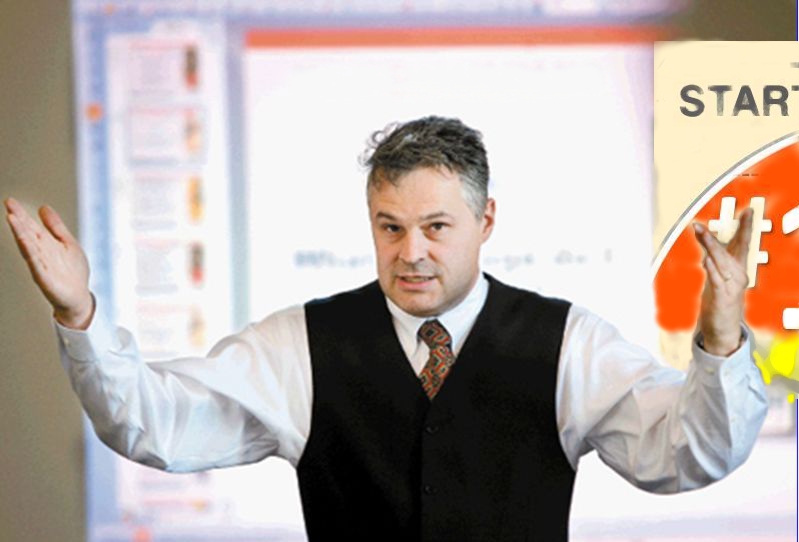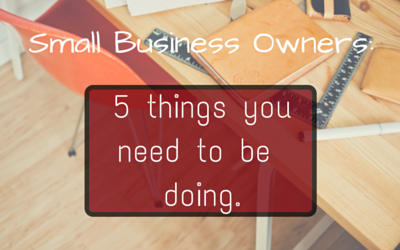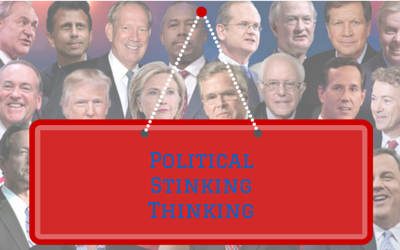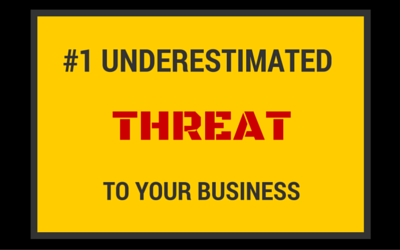
You are doing it wrong
“If you do NOT have an easily generated endless stream of good leads… you are doing it wrong.”
So I was told by someone who clearly knows.
Like most small businesses, most of my good leads come from customer referrals, but, again like most small businesses, that number of referrals alone is not enough to get the amount of sales that I want. Since nearly all of my clients are in the same boat (they are growing businesses that really generate quite some customer referrals, but not enough to hit the growth goals), I decided to start looking for ‘a better and easier way’ to get more good leads. Especially since I find cold or bold calling frustrating activities.
So I started working with this marketing coach from Silicon Valley. He is as far as I can tell in the global top 1% of business coaches, and it felt like drinking from the fire hose… Not only did I learn a whole new, deeper layer below the marketing reality, and many new pieces of technology and best practices that I had never seen; after a while I started to realize that there was even more. Could it be that the field of marketing itself is moving into a phase of disruption again? Just like Google did to search, and Amazon and Ebay to retail, and Uber to the world of taxi drivers?
“A website with SEO is not that important”
Now the first shocker: I am listening to him delivering a training session where he explains how to create a good ‘lead-magnet’.
“I tend to offer a good template for how you built an effective website with good SEO, because most small business owners think that is what they need the most. We know better of course, a website is not that important compared to your click funnel…”
A website is ‘not that important?’! How could he say that? Isn’t online marketing a game of who has the slickest, highest ranking website, with many good reviews on review sites, and a good stream of traffic driving social media?
Because isn’t that how we buy now? We hear from you or find you, then look you up online and check your testimonials and reviews before we, if we like your website, contact you? And that if the continuous changes in online marketing are becoming too much for us to keep up with, after all we are only small businesses, we better outsource our marketing to get help from SEO and other marketing agencies that will help us get the leads we need?
Apparently not anymore according to these online marketing gurus?
I have to admit it took quite some time to understand this, but over the months that I have been trying to diligently perform all the steps he wants me to take to build my own effective click funnel it slowly started to click. Didn’t I hear a guy from Google say that ‘Google expects there will be a time that websites will not be that relevant anymore’…? I always thought that was due to Facebook and its ilk adding more and more functionality, but it suddenly hit me:
I bought from a guy I did not know, did not look up on review sites and I did never look at his website. Yet my first check to him was a 1000 bucks and I was excited about the opportunity. That was the first time in my life I had acted this way!
When I looked around in his customer community that turned out to be the rule. Over 90% never checked his website, nor online reviews.
Social media activity to draw attention? He has a CLOSED Facebook group for his clients!
And yet nearly ALL his leads come from the Internet! Enough to earn a seven figure income working only a few days a week (I saw his agenda).
Oh, and he is against small businesses outsourcing their marketing. Not until they truly understand marketing and how it is done.
I bought from a guy I did not know, did not look up on review sites and I did never look at his website.
And what type of businesses do I see adopting this new style of marketing? That is the next shocker: maybe you think that it would only work for coaches like me. No, when I check his customer community I see a chiropractor, a lawyer, a tree surgeon, a company that teaches drumming techniques, companies that sell physical things and so on. Just ‘ordinary small businesses’ that want endless leads …
Let’s put an end to this story for now. I learned a lot. “It’s huge” as our new president would say.
I had to redo my website, learn how to write marketing content, change my entire coaching system, and so much more. But it makes sense. Full common sense. This is how marketing works, and why it works.
And on Friday March 31 I will explain what I have learned. Walk you through the new marketing framework and all the templates. 8.30am till 2.00 pm. (first 30 minute is old fashioned networking). Hot Lunch around 11.30 and included. I promise it is all new stuff, and even the way it is presented is new, as that is part of what I am learning and will teach you that day as well.
Do NOT come only a part of the day. This new stuff is like a ladder, and you cannot skip some rungs. Start skipping rungs and the higher up ones fail. If you want an easily generated ‘endless stream of good leads’ then come, if not, I hope to have another topic for you another time.
René
P.S. There will be more blogs to follow on this topic.





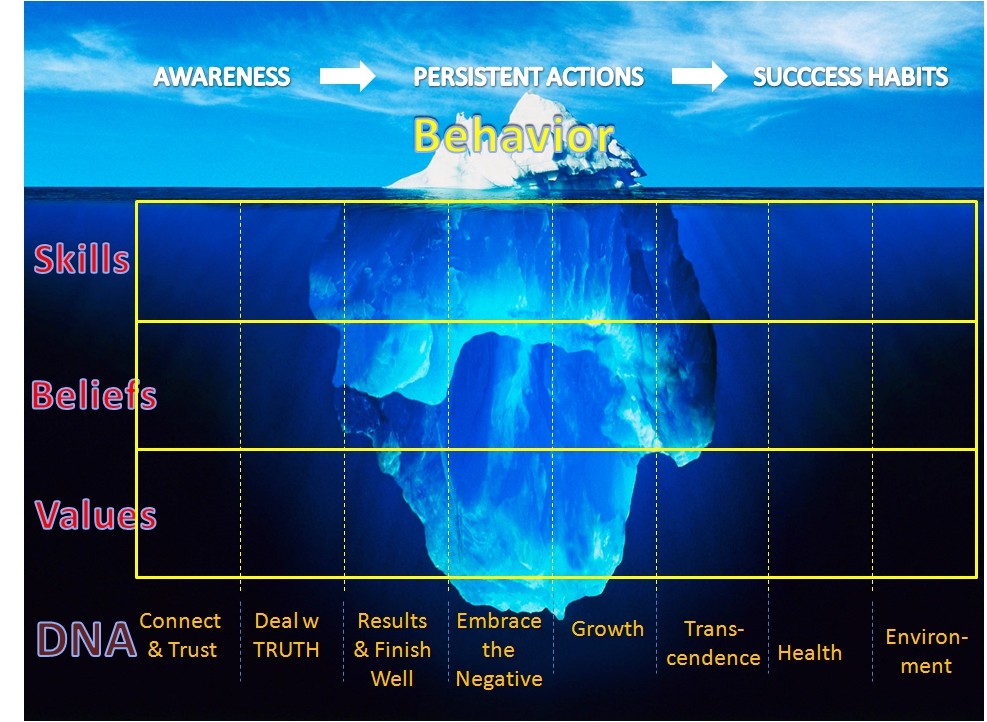
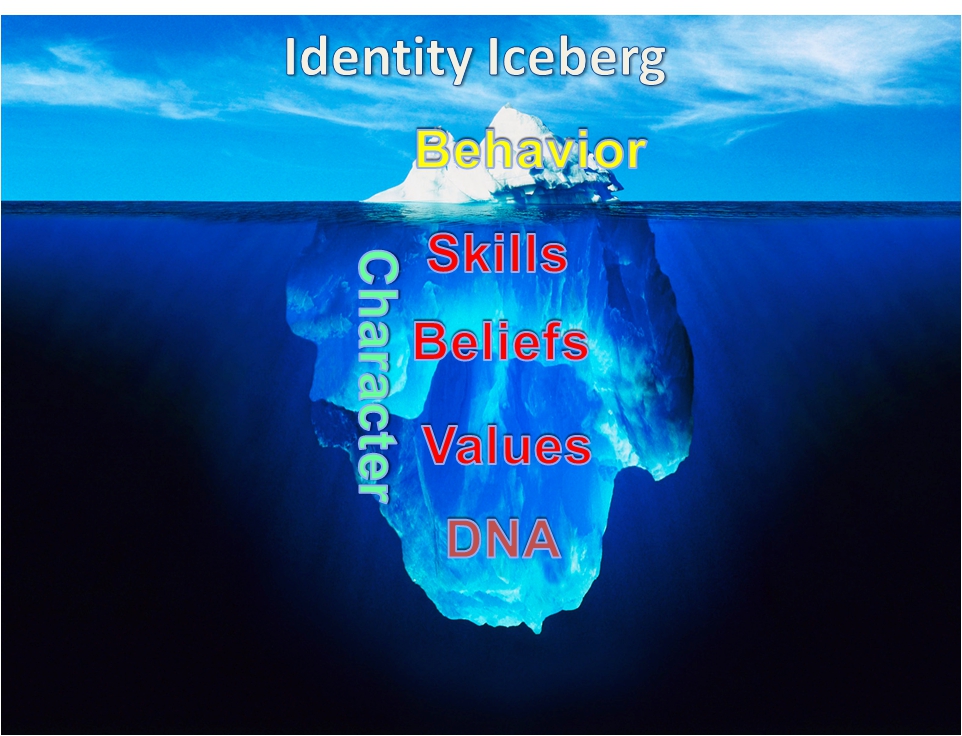
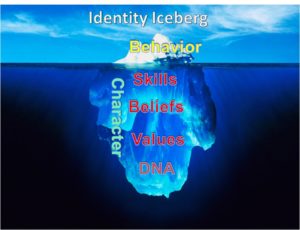
 Enough on how much people try to follow an agreement, let’s focus on the realm beyond the law. The next sub dimension is the Relationship with the world of the Transcendent.
Enough on how much people try to follow an agreement, let’s focus on the realm beyond the law. The next sub dimension is the Relationship with the world of the Transcendent.



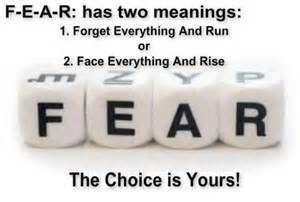 FEAR: False Expectations Appearing Real
FEAR: False Expectations Appearing Real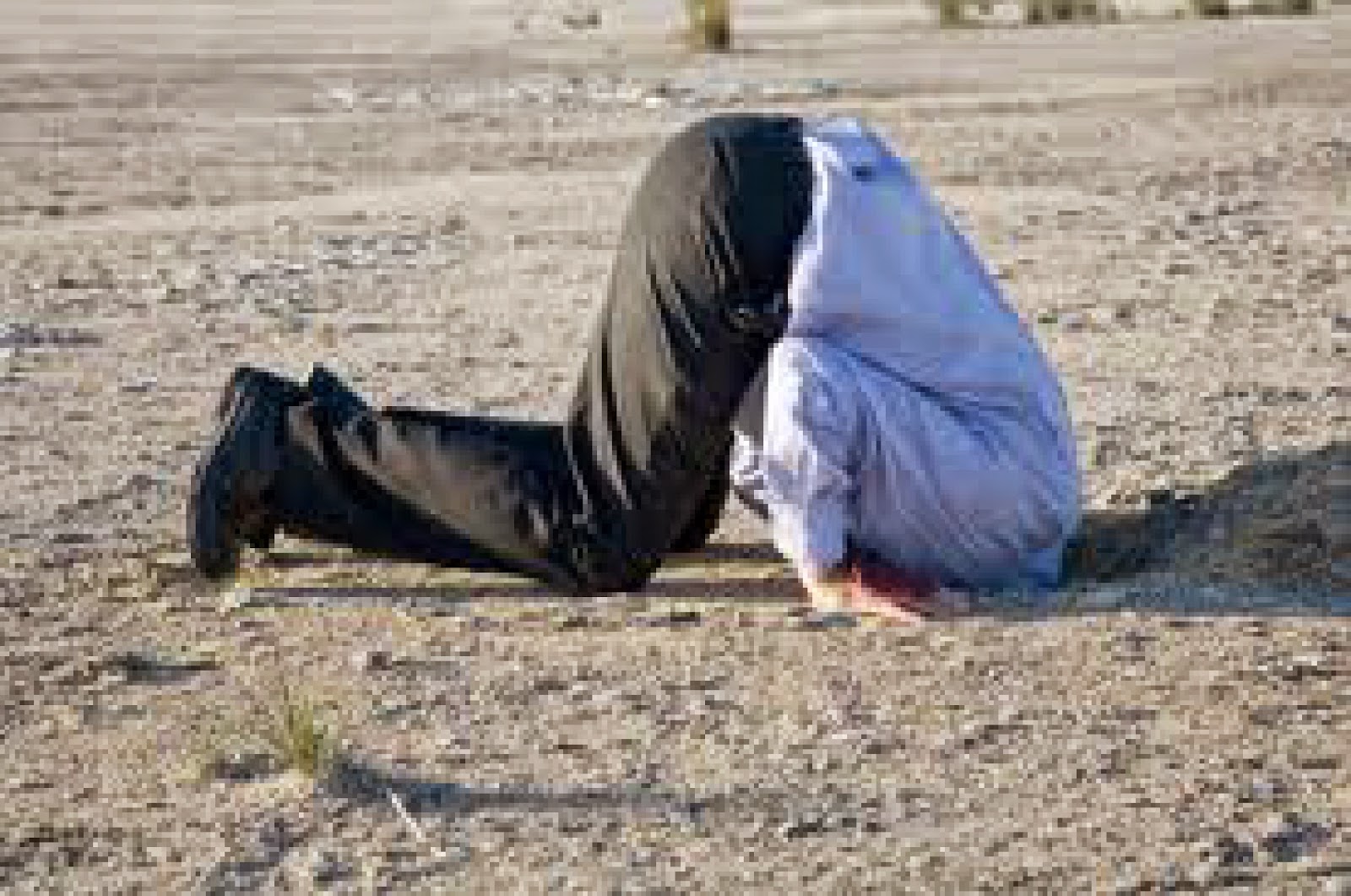
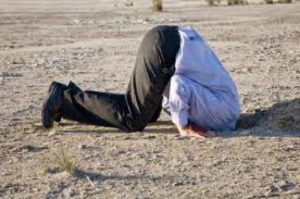 capability to
capability to  And remember, ‘honesty without love, is not integrity’. Yes, you have to present people the honest facts about their behavior, even if that is painful. But if you do that without love, you will only tear down, not build up.
And remember, ‘honesty without love, is not integrity’. Yes, you have to present people the honest facts about their behavior, even if that is painful. But if you do that without love, you will only tear down, not build up.
 To be in control of Impulsiveness
To be in control of Impulsiveness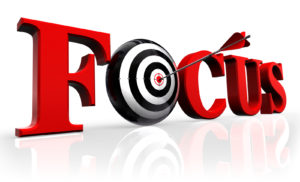
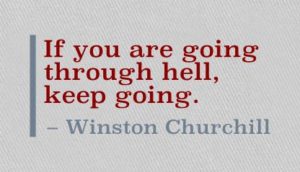 Another aspect of this is that when results don’t happen quickly; you know when to adjust your strategy, but to still persevere towards the ideal. We called that ‘the ability to Finish well’. In other words, you know when to stop, and when to adjust, and when to not give up.
Another aspect of this is that when results don’t happen quickly; you know when to adjust your strategy, but to still persevere towards the ideal. We called that ‘the ability to Finish well’. In other words, you know when to stop, and when to adjust, and when to not give up.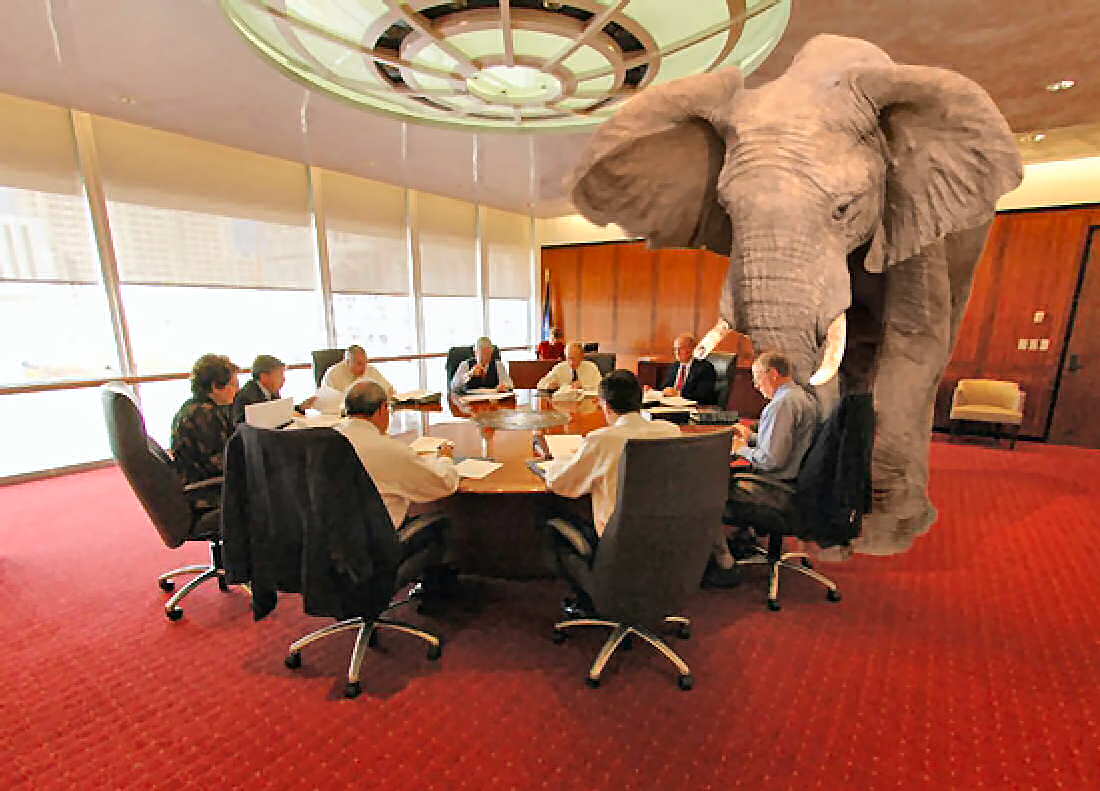



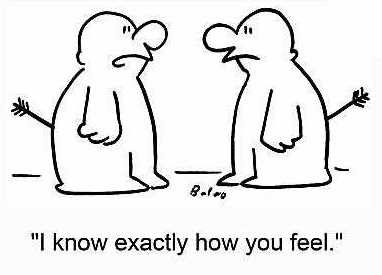 Let’s assume that you are not at the pathological level of not caring anything about anyone, and not giving anything about the need to be trusted. Almost everyone would like to be liked and trusted, but most people then make some typical mistakes that erode the ‘like and trust’ they gain with others.
Let’s assume that you are not at the pathological level of not caring anything about anyone, and not giving anything about the need to be trusted. Almost everyone would like to be liked and trusted, but most people then make some typical mistakes that erode the ‘like and trust’ they gain with others.
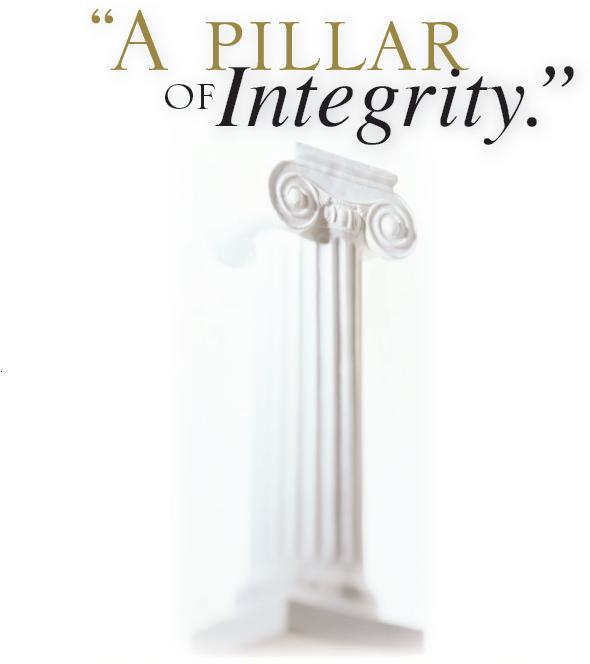

 All these statements say something about your character. To get a better handle on it, let’s group these features and traits into eight dimensions:
All these statements say something about your character. To get a better handle on it, let’s group these features and traits into eight dimensions: